Image of 1957 Mercedes-Benz 300sl, Note: These illustrations use artistic license and may differ from actual historical models.
Performance Metrics
Fundamental Metrics
Emotional Appeal
MMP Rating
| Engine Specifications | |
|---|---|
| Engine: | Inline 6 |
| Displacement: | 2,996 cc |
| Horsepower: | 212-240 hp |
| Torque: | 203 lb-ft |
| Compression Ratio: | 8.55:1 |
| Ignition System: | Bosch mechanical fuel injection |
| Cooling System: | Water-cooled |
| Performance Specifications | |
| 0-60 Time: | 8.8 seconds |
| 1/4 Mile Time: | 16.1 seconds |
| Top Speed: | 160 mph |
| Transmission and Drive | |
| Drive Type: | Rear-wheel drive |
| Transmission Type: | 4-speed manual |
| Fuel and Efficiency | |
| Fuel System Type: | Fuel injection |
| MPG: | 15-17 mpg |
| Dimensions and Brakes | |
| Brakes: | Drum brakes |
| Wheelbase: | 94.5 inches |
| Weight: | 2,866 lbs |
Note: Specifications for classic cars are given to the best of our ability, considering the limited and variant data available.
Introduction
The 1957 Mercedes-Benz 300SL is not merely a car; it's a symphony of engineering excellence and timeless elegance. Born from the ashes of post-war Germany, this vehicle emerged as a testament to the resilience and innovation of Mercedes-Benz. Its gullwing doors soared like an eagle's wings, heralding a new era in automotive design. The 300SL was not just a machine but a moving art piece that captured the hearts of car enthusiasts and the elite alike. One of its unique claims to fame is its direct fuel injection technology, a first for production cars, which solidified its place in automotive history.
Design and Innovation
The exterior of the 1957 Mercedes-Benz 300SL was nothing short of revolutionary. Its sleek, flowing lines and iconic gullwing doors were more than just aesthetically pleasing; they were aerodynamically efficient. Inside, the cabin was adorned with high-quality leather and fine materials that spoke volumes about the luxury standards of Mercedes-Benz. Technologically, it was ahead of its time with features like direct fuel injection that contributed to its superior performance. The color palette ranged from classic Silver to striking Fire Engine Red, with silver being a popular choice that accentuated its sophisticated profile. While both coupe and roadster versions were available, it was the gullwing coupe that became synonymous with the 300SL moniker.
Historical Significance
The 1957 Mercedes-Benz 300SL carved out a niche in automotive history with its innovative design and engineering feats. It set itself apart from contemporaries with its lightweight tubular frame construction and race-bred pedigree, having roots in the W194 race car. This vehicle didn't just push boundaries; it redefined them and left an indelible mark on the evolution of sports cars.
Performance and Handling
Underneath its sculpted hood lay a 3.0-liter inline-six engine that propelled the 300SL to a top speed of around 160 mph—a staggering figure for its time—with an acceleration from 0-60 mph in approximately 8 seconds. The car's handling characteristics were equally impressive, offering a balanced and responsive driving experience that could handle both tight corners and long stretches with grace. The roar of its engine was music to any gearhead's ears, while its sophisticated suspension system ensured a ride that was both exhilarating and refined.
Ownership Experience
The 1957 Mercedes-Benz 300SL was more than just a showpiece; it was built to be driven. Owners reveled in using it as a daily driver, weekend cruiser, or even as a competitive racer on occasion. Maintenance required an attentive owner due to the advanced technology for its time, but reliability was one of Mercedes-Benz's hallmarks. The ease of repair varied depending on the expertise available but generally required specialized knowledge due to its unique components.
Fun Facts
This automotive masterpiece has graced many private collections, including those of celebrities such as Sophia Loren and Tony Curtis. It set records for speed among production cars and has been featured in numerous films and media events throughout history. Despite criticisms over practicality—like the challenge of exiting through gullwing doors in tight spaces—the 300SL has remained an icon.
Collector's Information
In today's market, a well-preserved 1957 Mercedes-Benz 300SL can fetch anywhere from $1 million to over $2 million depending on provenance and condition. Approximately 1,400 units were produced during its run, making it a rare find indeed. As for appreciation value, this classic has consistently seen an upward trend due to its iconic status among collectors.
Conclusion
The legacy of the 1957 Mercedes-Benz 300SL is as enduring as the vehicle itself—a beacon of innovation, luxury, and performance that continues to captivate enthusiasts around the globe. Its blend of artistry and precision engineering remains unmatched, securing its place in the pantheon of automotive greats.
1957 Mercedes-Benz 300sl Catalog of Parts
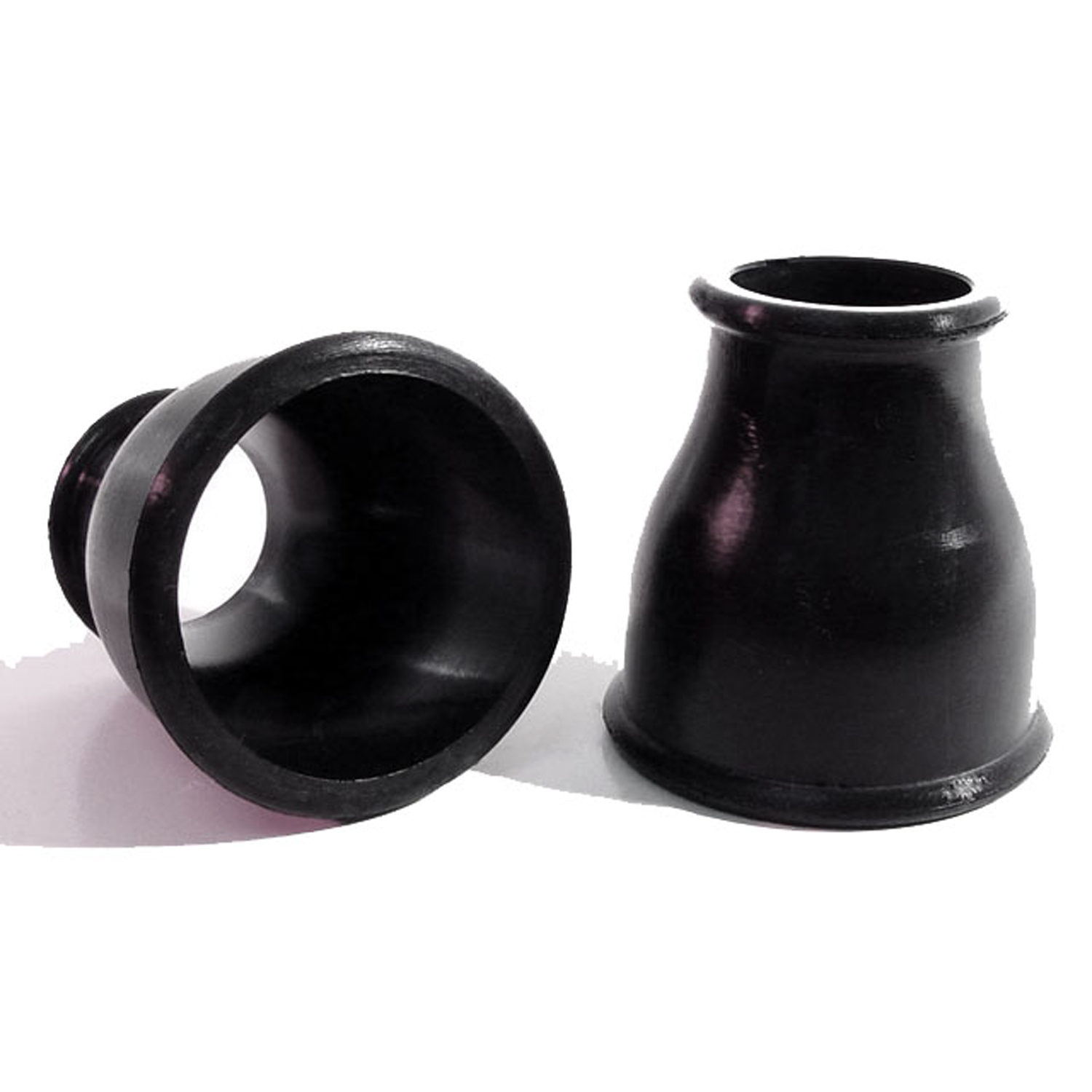 1957 Mercedes-Benz 300SL Hand Brake Lever Boot-BL 15Hand Brake Lever Boot. 2-5/16" high, 1-1/8" top hole, 1-7/8" bottom hole. Pair
1957 Mercedes-Benz 300SL Hand Brake Lever Boot-BL 15Hand Brake Lever Boot. 2-5/16" high, 1-1/8" top hole, 1-7/8" bottom hole. Pair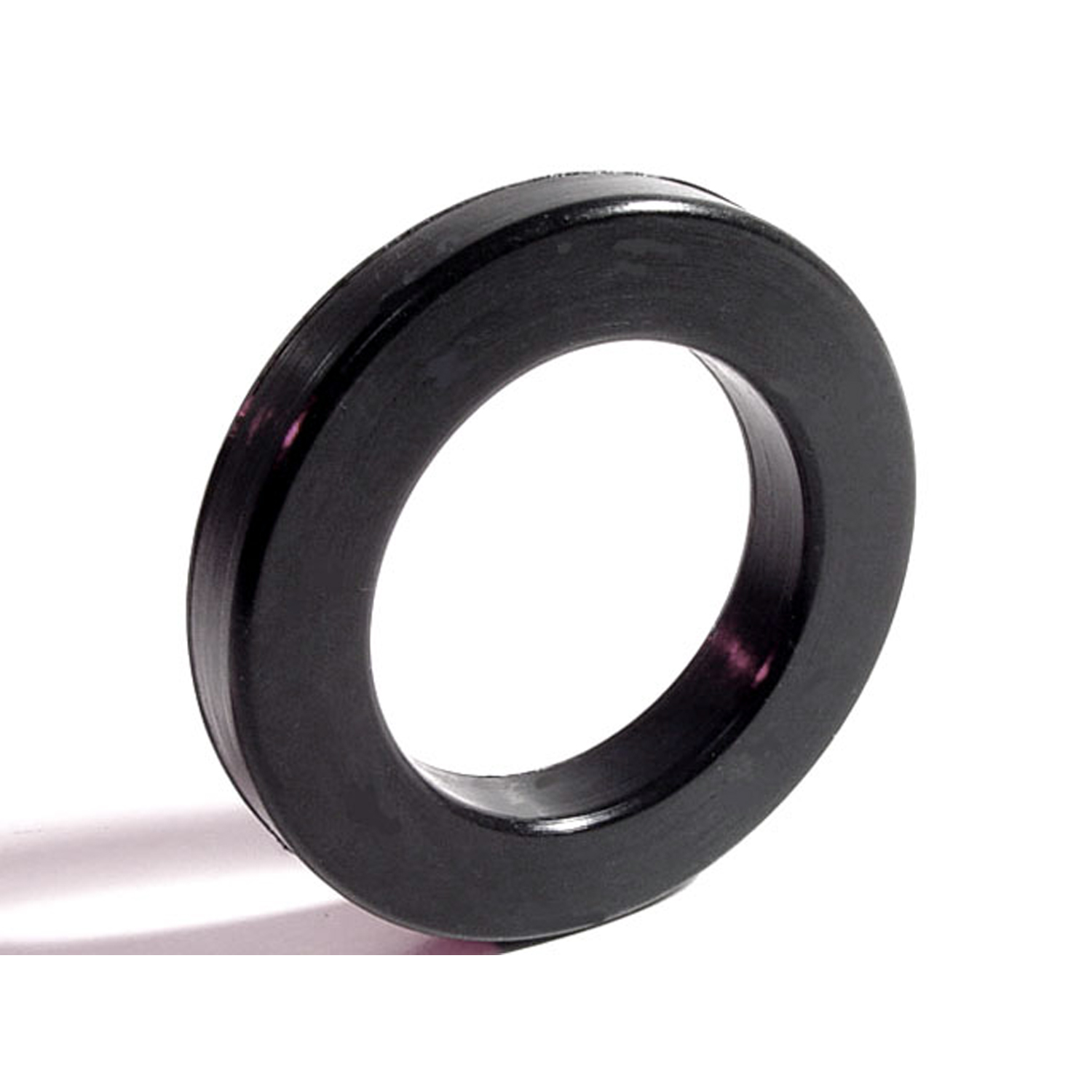 1957 Mercedes-Benz 300SL Front Axle Thrust Ring. 2-5/16" O.D., 1-1/2" I.D-BN 99Front Axle Thrust Ring. 2-5/16" O.D., 1-1/2" I.D., 3/8" thick. Each
1957 Mercedes-Benz 300SL Front Axle Thrust Ring. 2-5/16" O.D., 1-1/2" I.D-BN 99Front Axle Thrust Ring. 2-5/16" O.D., 1-1/2" I.D., 3/8" thick. Each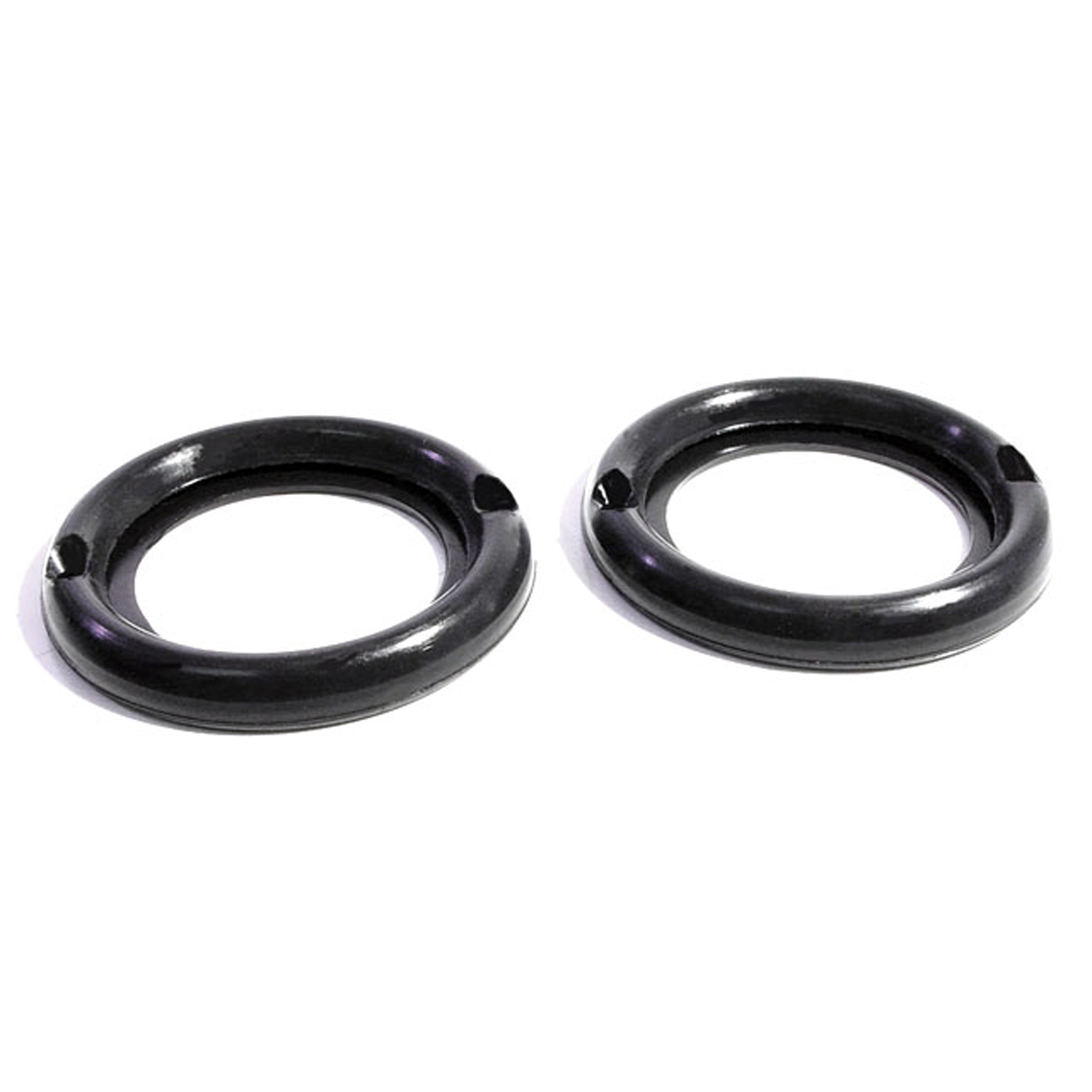 1957 Mercedes-Benz 300SL Park Light Lens Gaskets-MB 15-APark Light Lens Gaskets. Made with a rounded bead like the original. 2-3/4" O.D., 1-3/4" I.D. Pair
1957 Mercedes-Benz 300SL Park Light Lens Gaskets-MB 15-APark Light Lens Gaskets. Made with a rounded bead like the original. 2-3/4" O.D., 1-3/4" I.D. Pair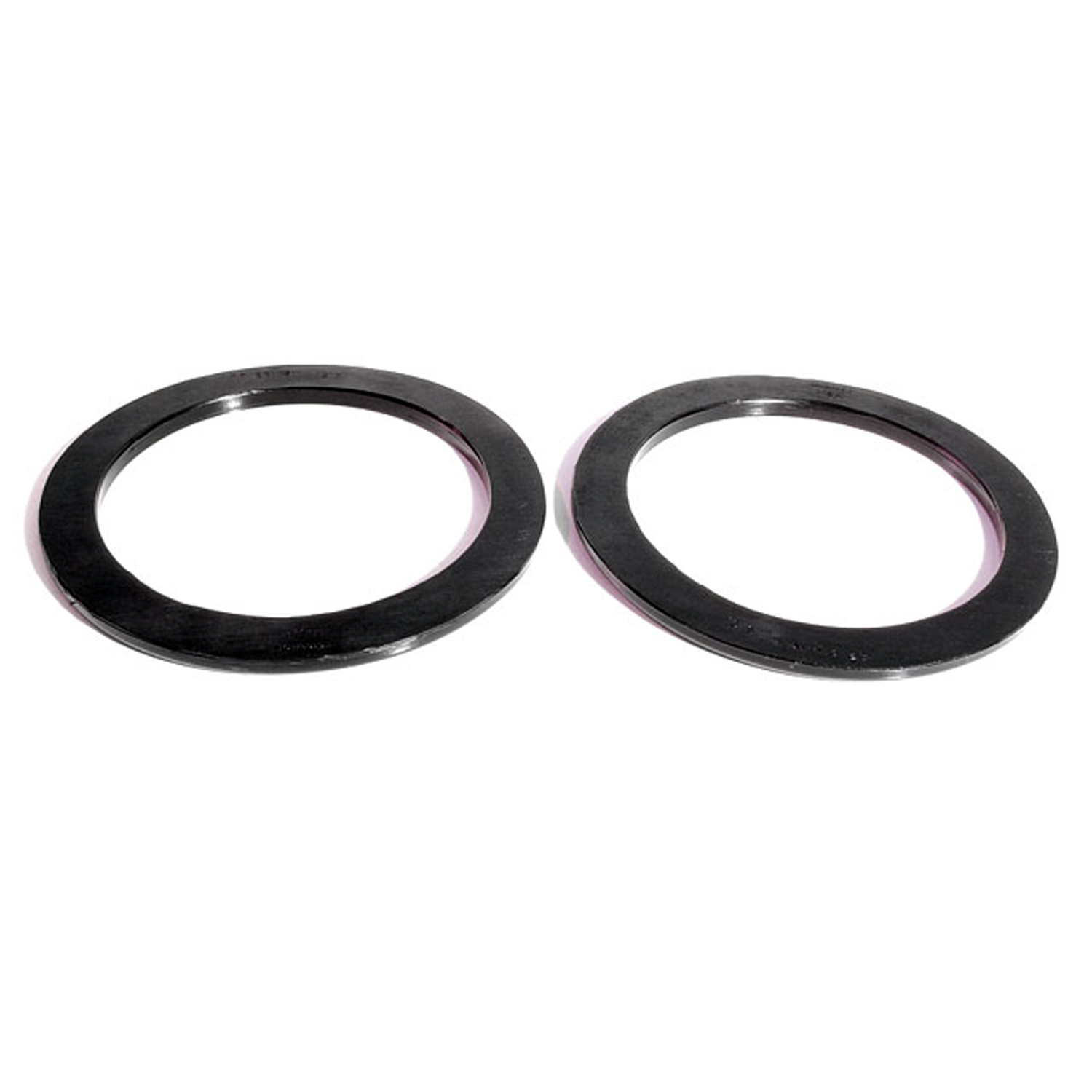 1957 Mercedes-Benz 300SL Coil Spring Pads. 4" I.D., 5-1/2" O.D. Pair-RP 23-MCoil Spring Pads. 4" I.D., 5-1/2" O.D. Pair
1957 Mercedes-Benz 300SL Coil Spring Pads. 4" I.D., 5-1/2" O.D. Pair-RP 23-MCoil Spring Pads. 4" I.D., 5-1/2" O.D. Pair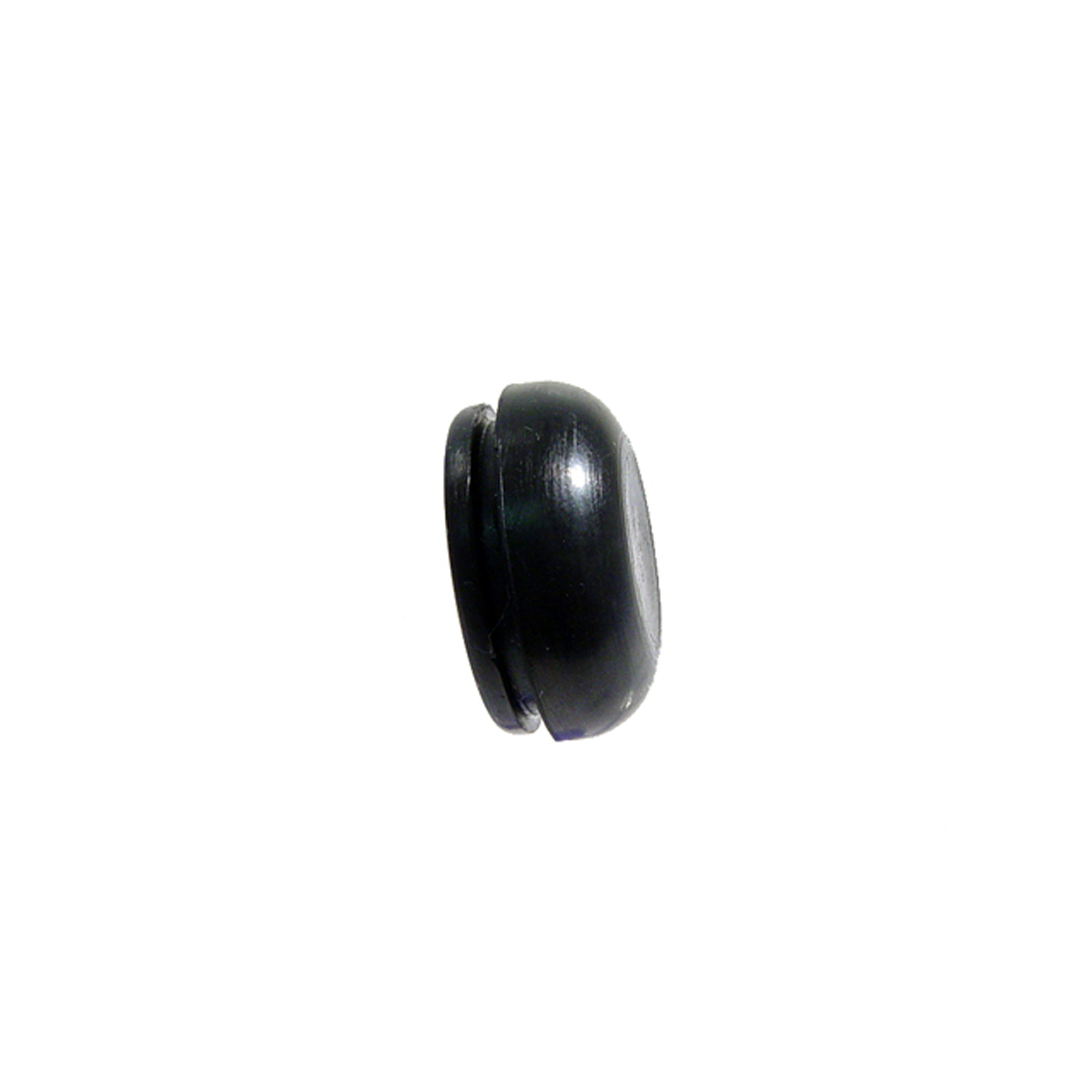 1957 Mercedes-Benz 300SL Gull Wing Door Bumper. Each-SB 26-SGull Wing Door Bumper. Each
1957 Mercedes-Benz 300SL Gull Wing Door Bumper. Each-SB 26-SGull Wing Door Bumper. Each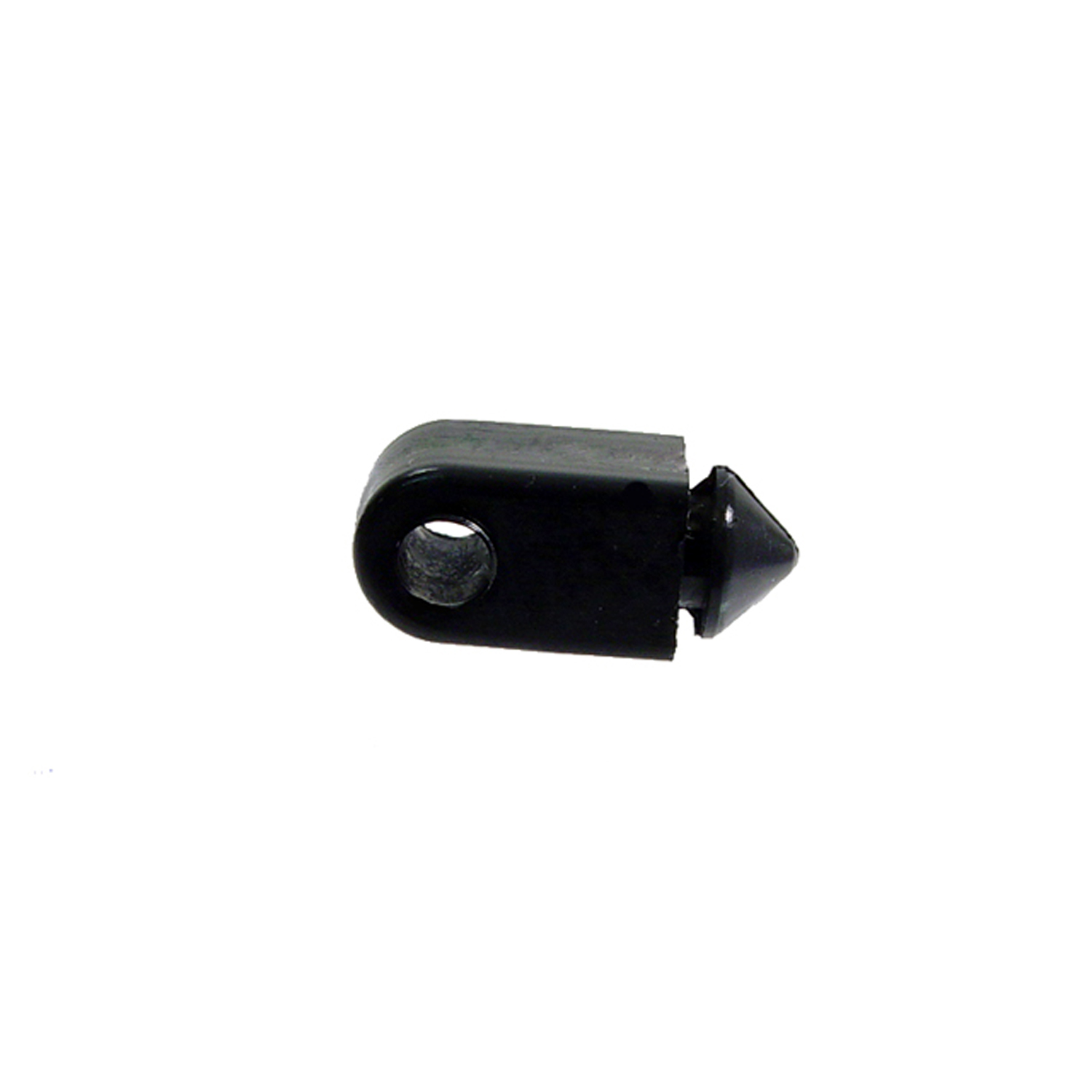 1957 Mercedes-Benz 300SL Hood Rod Buffer. Each-SB 89-CHood Rod Buffer. Each
1957 Mercedes-Benz 300SL Hood Rod Buffer. Each-SB 89-CHood Rod Buffer. Each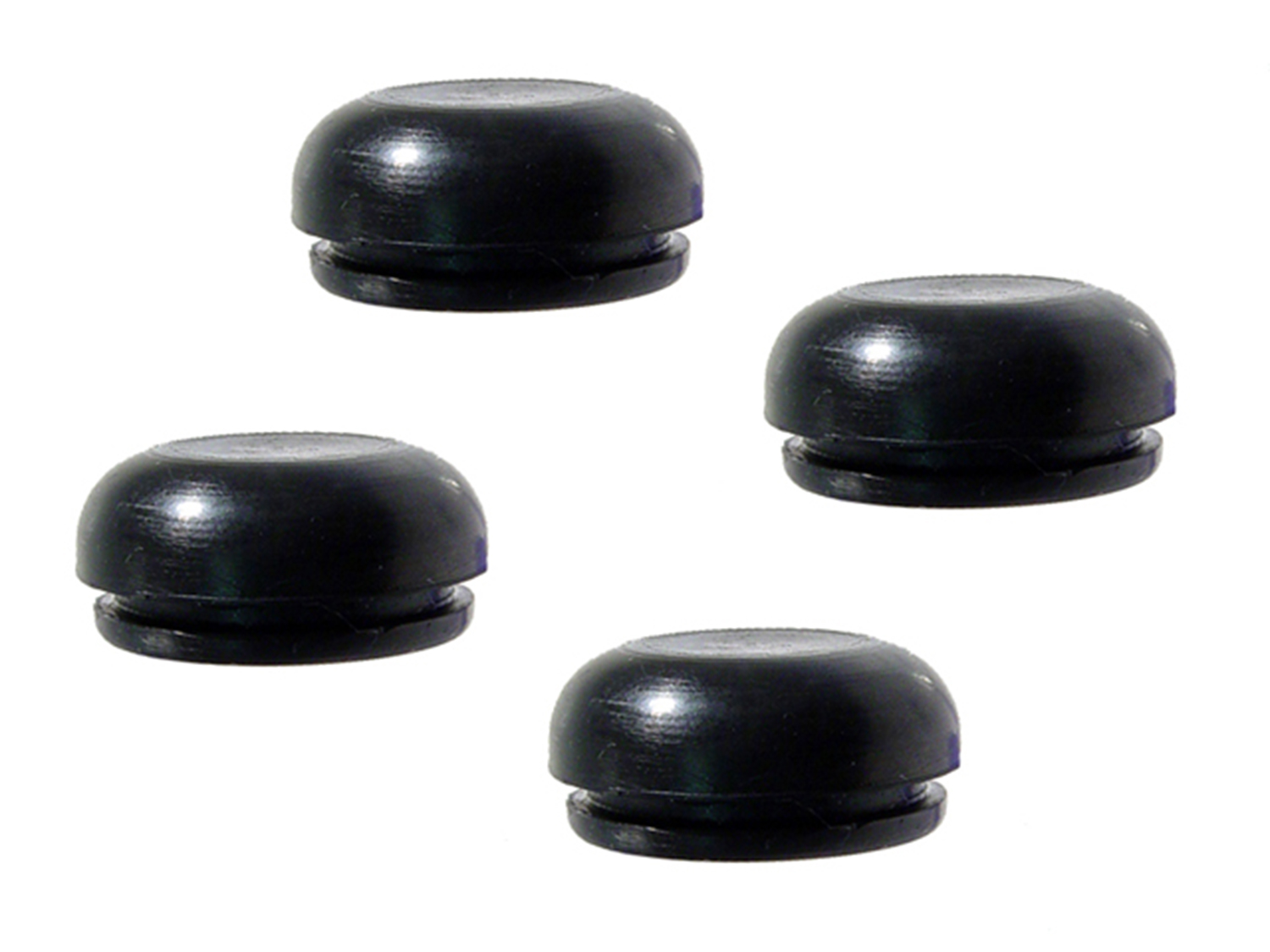 1957 Mercedes-Benz 300SL Gull Wing Door Bumper Kit. 4-Piece Set-SBK 26-SGull Wing Door Bumper Kit. 4-Piece Set
1957 Mercedes-Benz 300SL Gull Wing Door Bumper Kit. 4-Piece Set-SBK 26-SGull Wing Door Bumper Kit. 4-Piece Set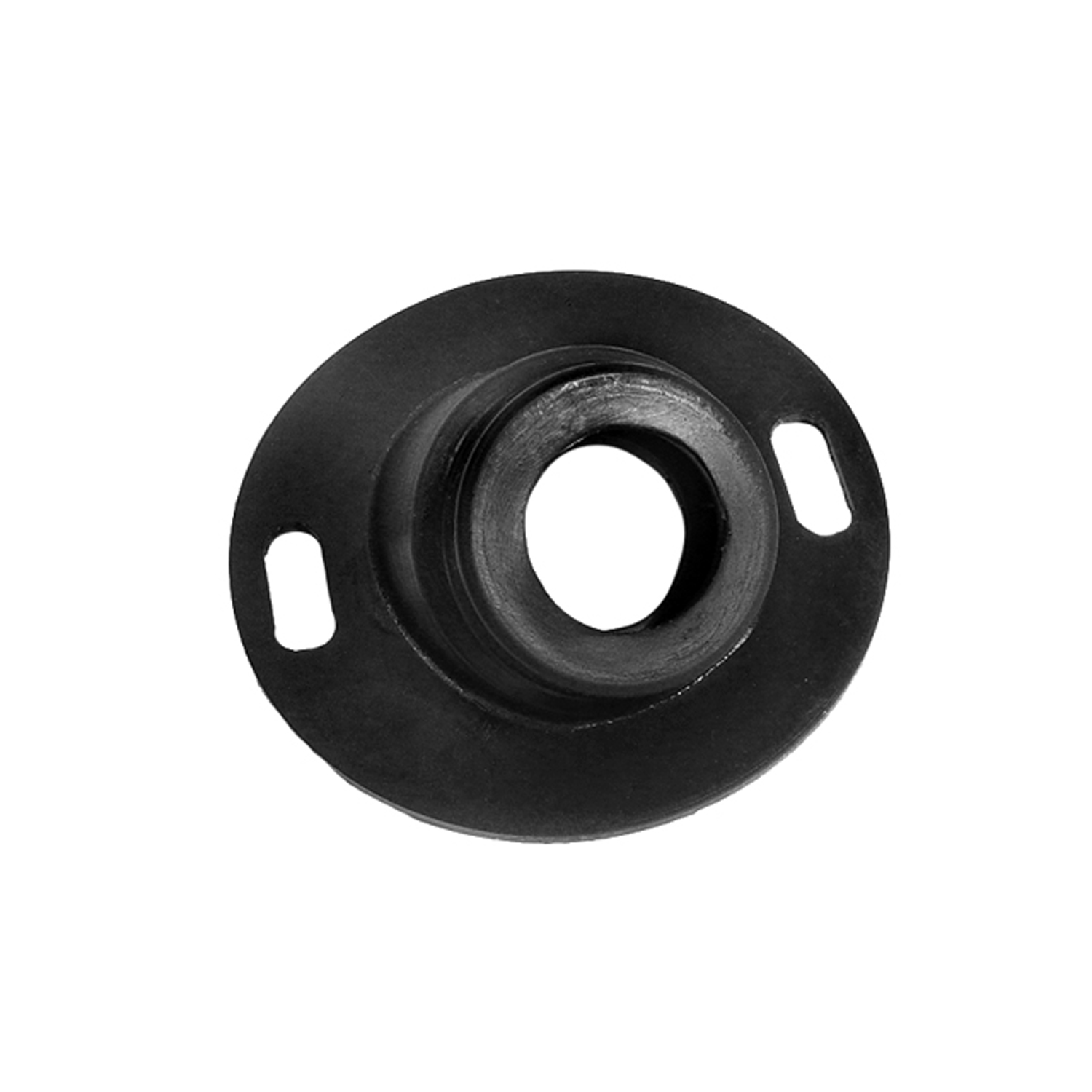 1957 Mercedes-Benz 300SL Steering Column Grommet Boot. 7/8" I.D., 3-1/4" O.D. Each-SC 27Steering Column Grommet Boot. 7/8" I.D., 3-1/4" O.D. Each
1957 Mercedes-Benz 300SL Steering Column Grommet Boot. 7/8" I.D., 3-1/4" O.D. Each-SC 27Steering Column Grommet Boot. 7/8" I.D., 3-1/4" O.D. Each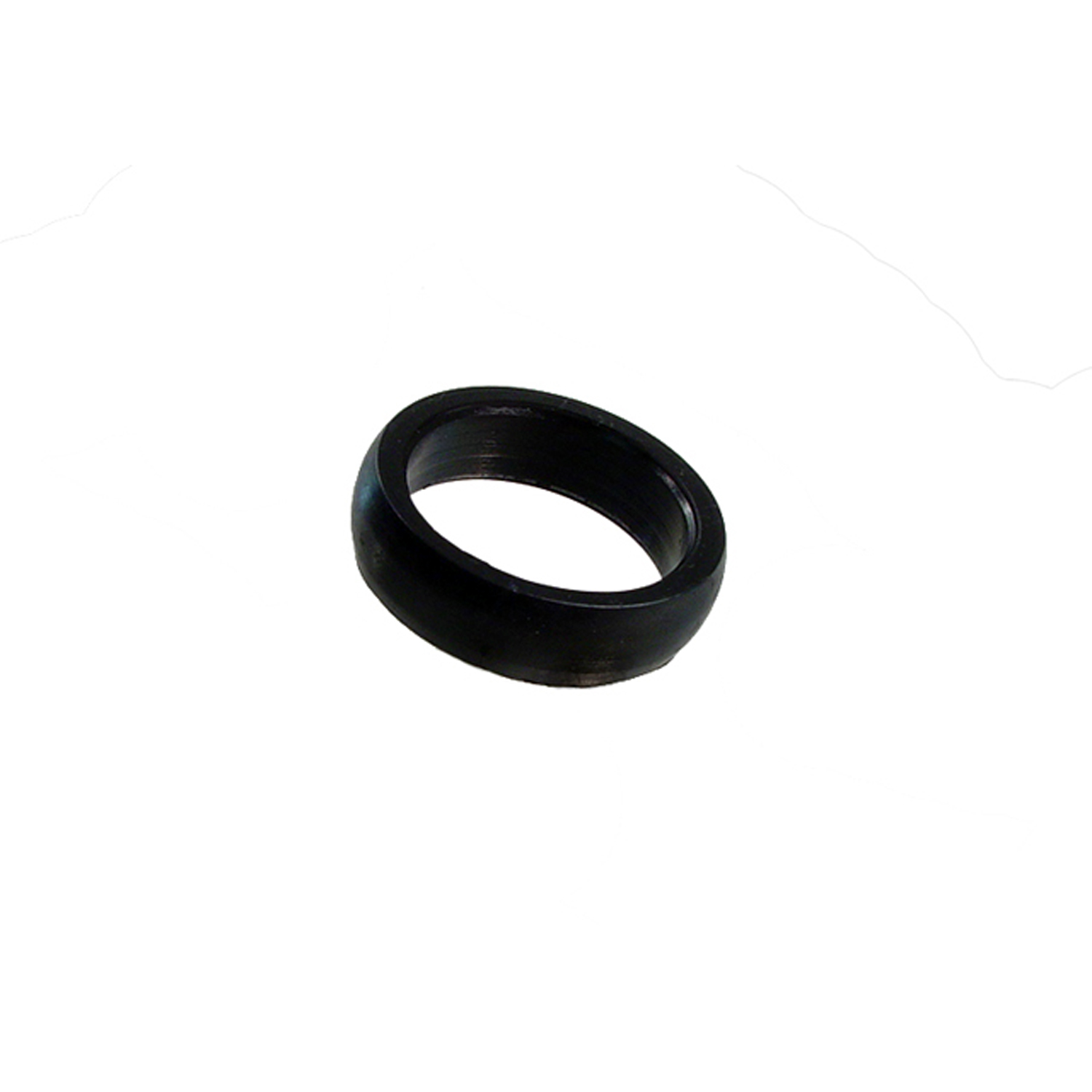 1957 Mercedes-Benz 300SL Steering Column Ring. Replaces OEM #1984620. 1-1/4" I.D-SC 27-ASteering Column Ring. Replaces OEM #1984620. 1-1/4" I.D., 1-3/8" O.D. Each
1957 Mercedes-Benz 300SL Steering Column Ring. Replaces OEM #1984620. 1-1/4" I.D-SC 27-ASteering Column Ring. Replaces OEM #1984620. 1-1/4" I.D., 1-3/8" O.D. Each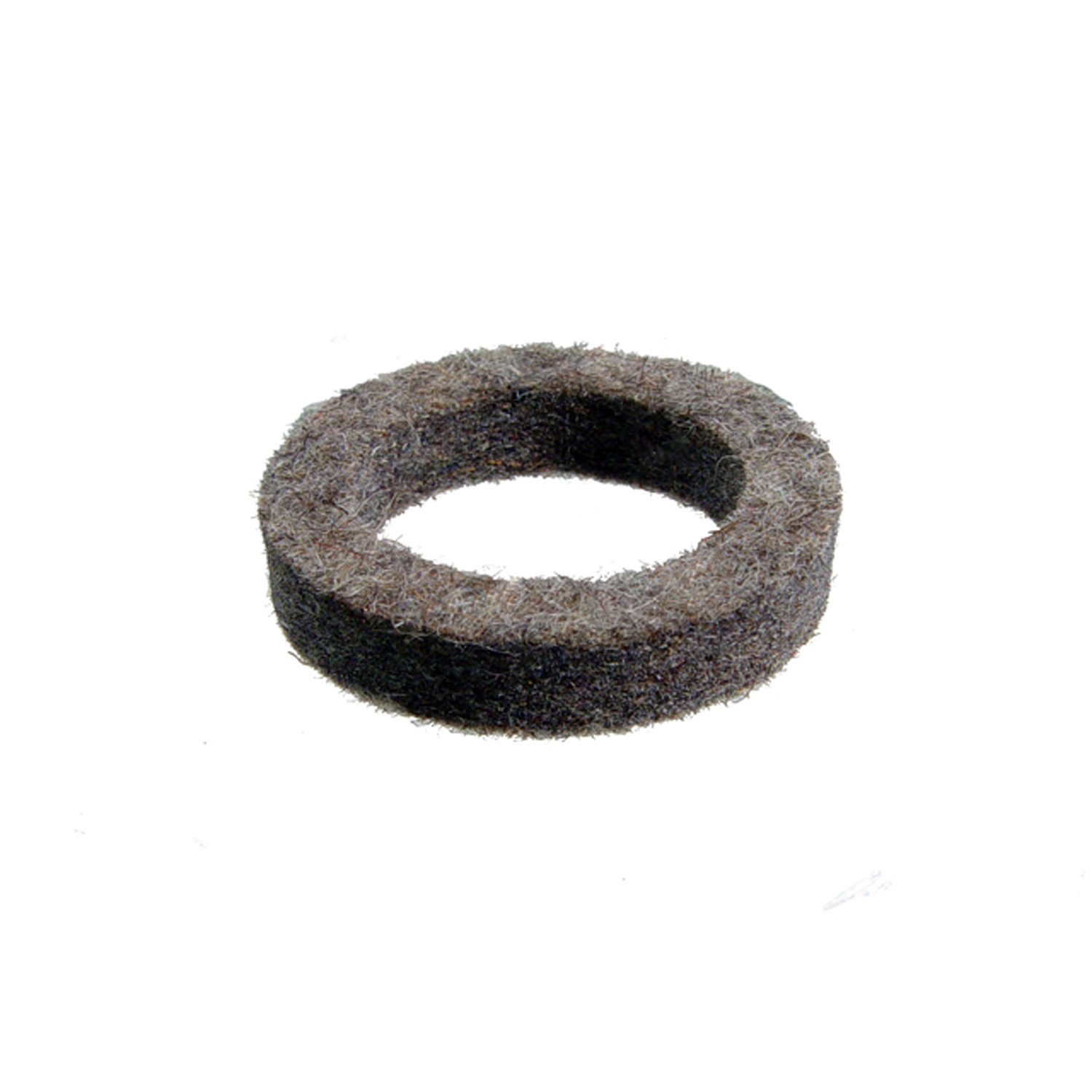 1957 Mercedes-Benz 300SL Steering Column Boot Shaft Seal. Made of felt-SC 27-BSteering Column Boot Shaft Seal. Made of felt. For over steering column grommet boot (see SC 27). 1-1/8" O.D., 3/4" I.D., 1/4" Thick. Each
1957 Mercedes-Benz 300SL Steering Column Boot Shaft Seal. Made of felt-SC 27-BSteering Column Boot Shaft Seal. Made of felt. For over steering column grommet boot (see SC 27). 1-1/8" O.D., 3/4" I.D., 1/4" Thick. Each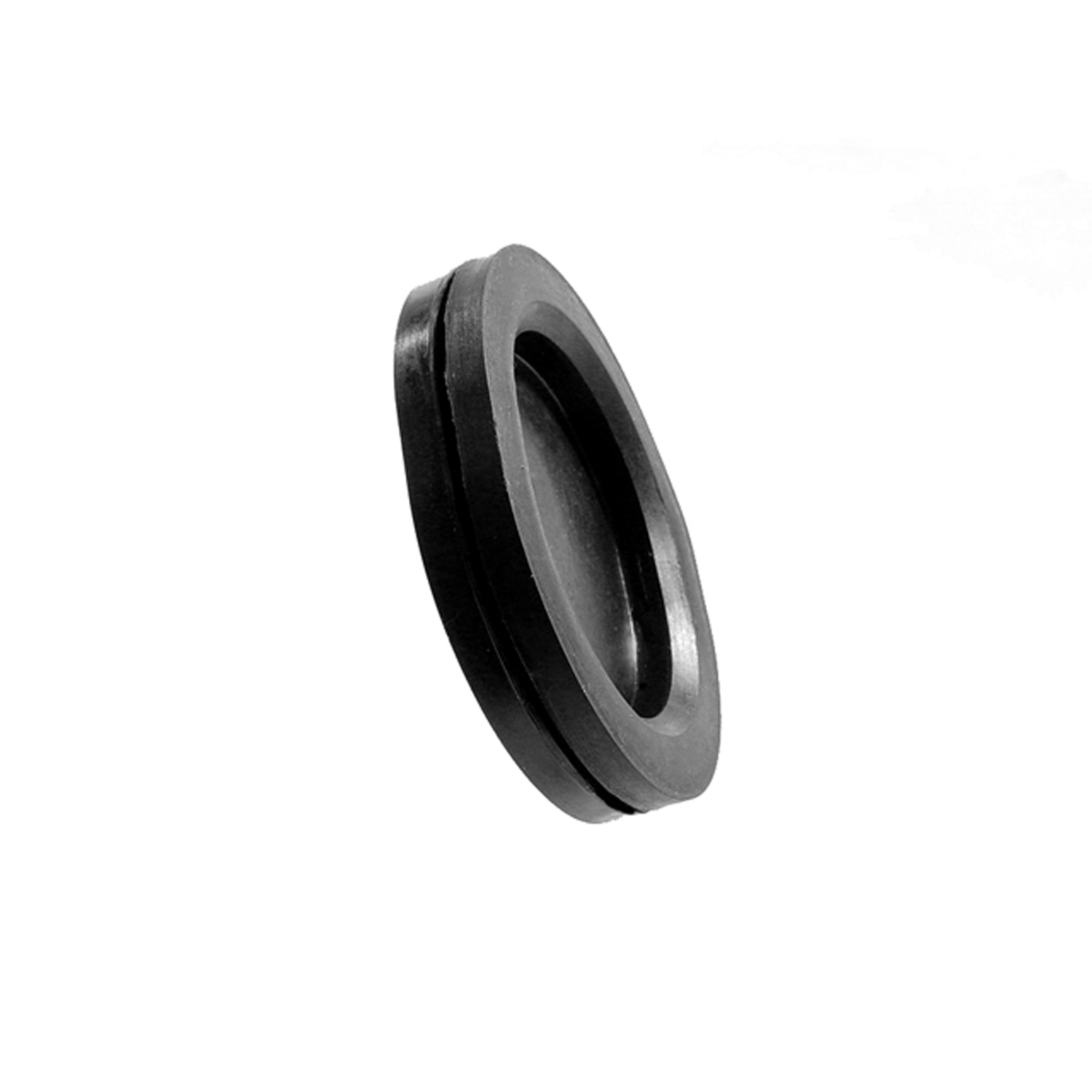 1957 Mercedes-Benz 300SL Parking Brake Grommet. 2-3/8" X 2-1/8"-SM 84-DParking Brake Grommet. 2-3/8" X 2-1/8". Fits 1-7/8" X 1-5/8" Hole. Each
1957 Mercedes-Benz 300SL Parking Brake Grommet. 2-3/8" X 2-1/8"-SM 84-DParking Brake Grommet. 2-3/8" X 2-1/8". Fits 1-7/8" X 1-5/8" Hole. Each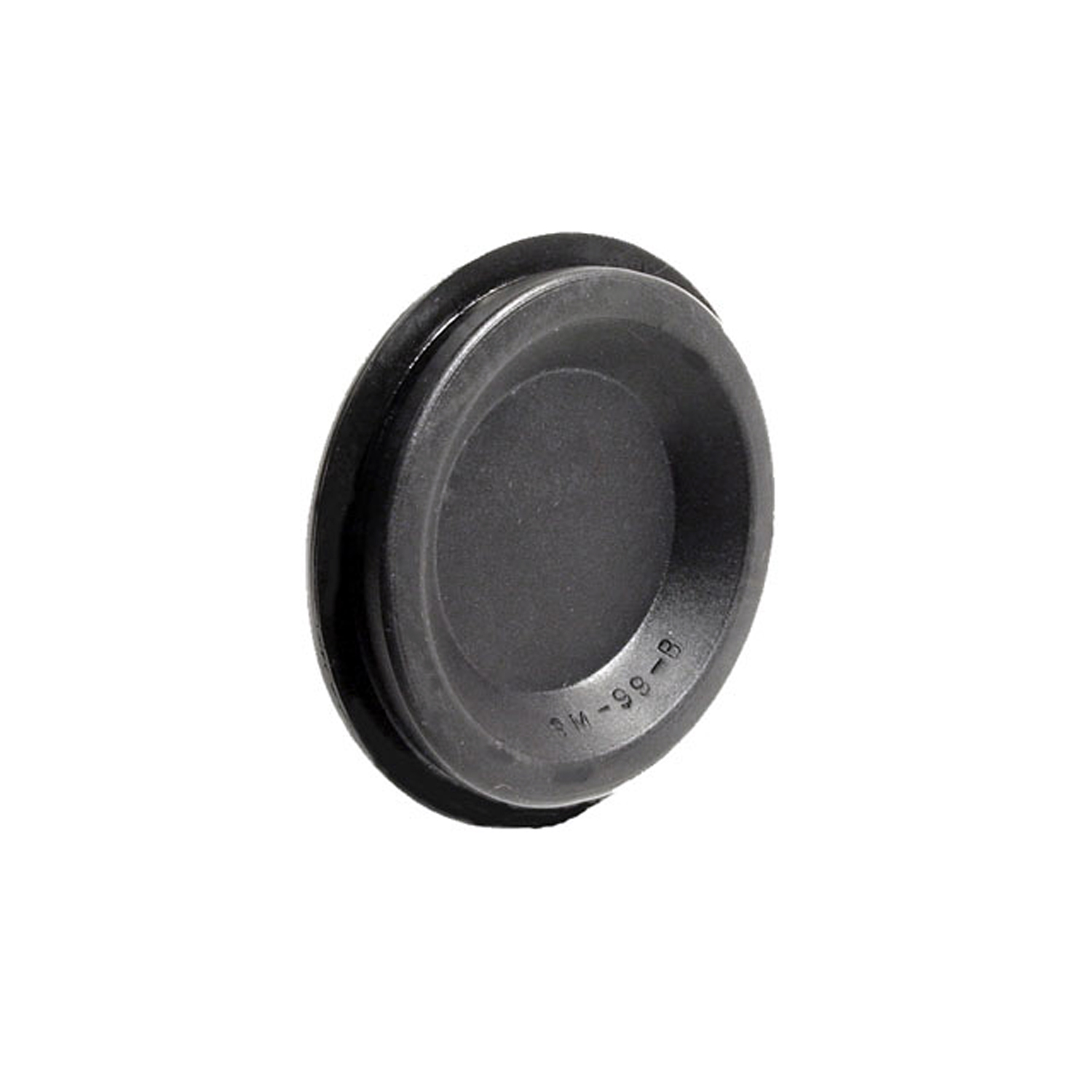 1957 Mercedes-Benz 300SL Large Hole Plug-SM 99-BLarge Hole Plug. Used for holes over gas tank bolts in trunk and holes over rear shocks. Fits a 2-7/16" hole. Uses up to six per car. Each
1957 Mercedes-Benz 300SL Large Hole Plug-SM 99-BLarge Hole Plug. Used for holes over gas tank bolts in trunk and holes over rear shocks. Fits a 2-7/16" hole. Uses up to six per car. Each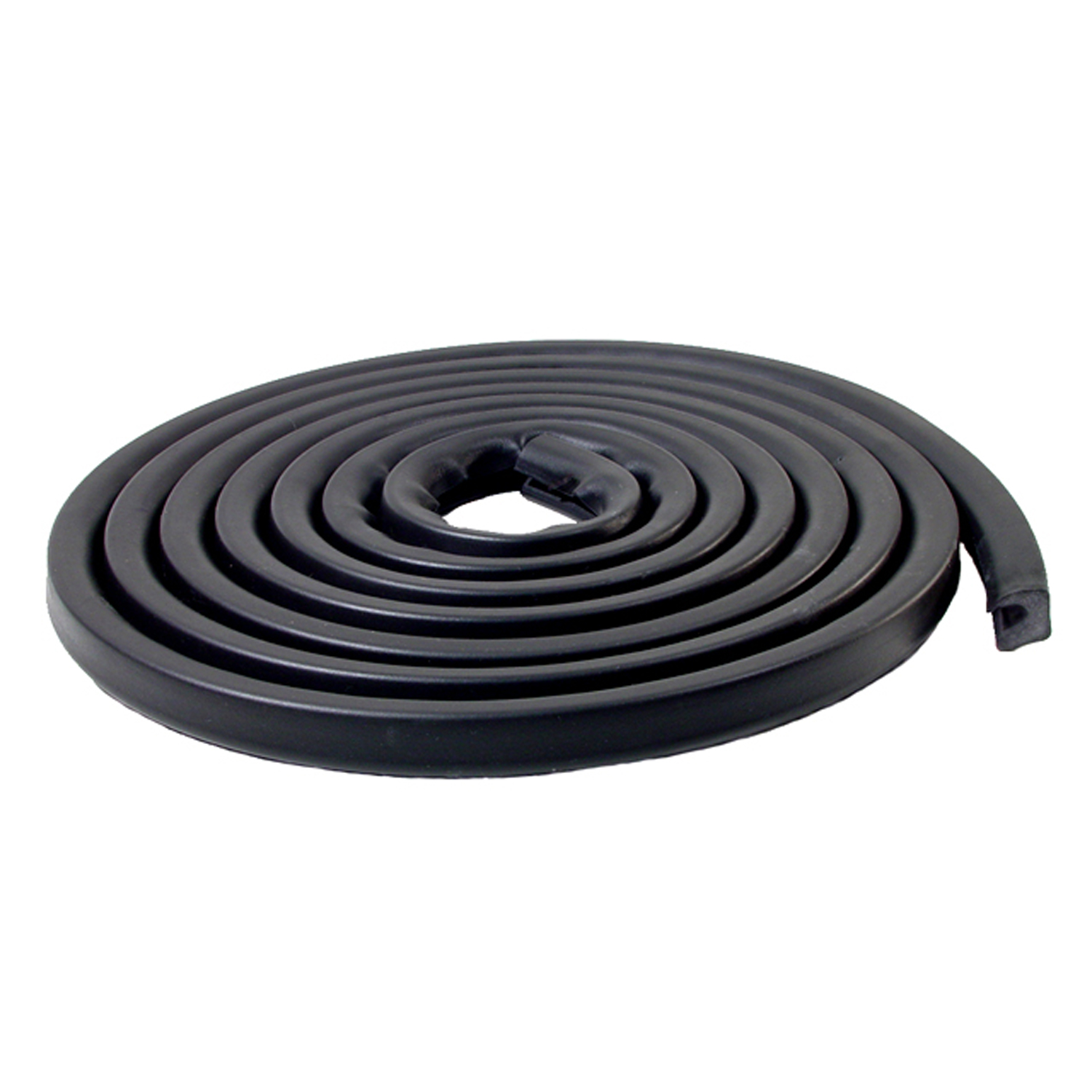 1957 Mercedes-Benz 300SL Trunk Seal. Each-TK 63-M/15Trunk Seal. Each
1957 Mercedes-Benz 300SL Trunk Seal. Each-TK 63-M/15Trunk Seal. Each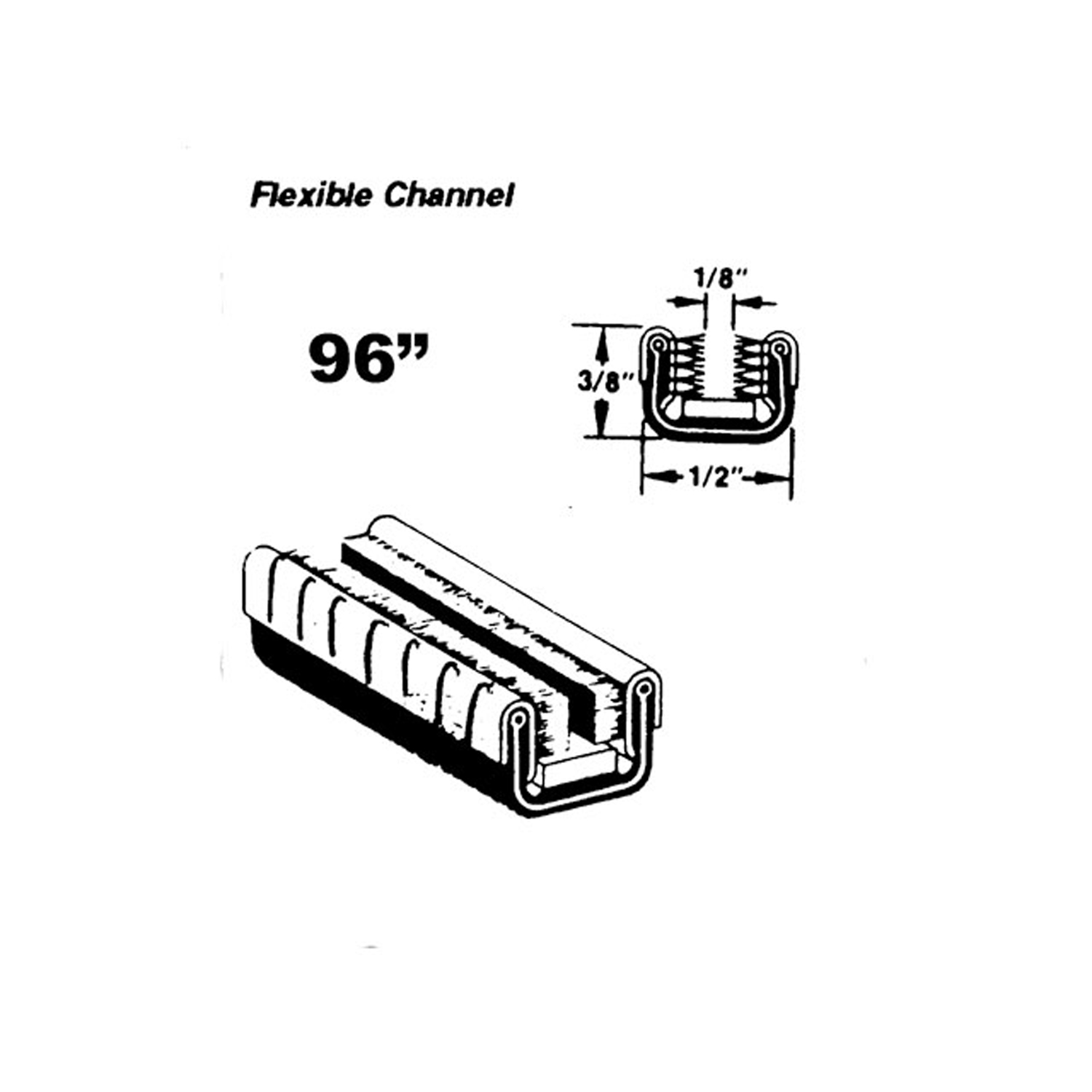 1957 Mercedes-Benz 300SL Flexible glass-run channel. Rubber covered and pile lined-WC 12-96Flexible glass-run channel. Rubber covered and pile lined. Unbeaded. 96 in. long. Each. NOTE: $20 special shipping charge applies for domestic orders. Call or email for overseas shipping costs. Part can be sectioned in two or three equal lengths to reduce overseas shipping costs.
1957 Mercedes-Benz 300SL Flexible glass-run channel. Rubber covered and pile lined-WC 12-96Flexible glass-run channel. Rubber covered and pile lined. Unbeaded. 96 in. long. Each. NOTE: $20 special shipping charge applies for domestic orders. Call or email for overseas shipping costs. Part can be sectioned in two or three equal lengths to reduce overseas shipping costs.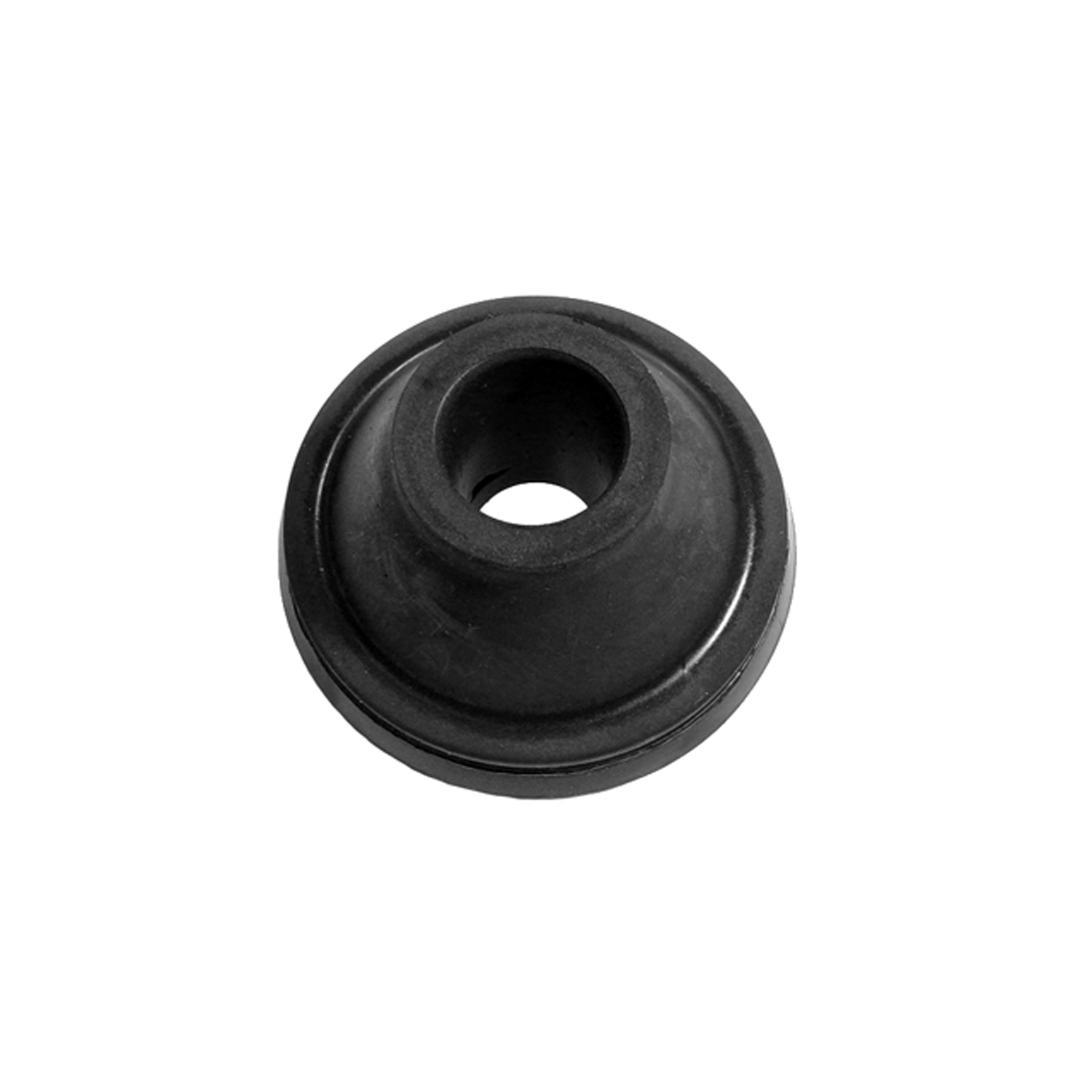 1957 Mercedes-Benz 300SL Rear Inside Coil Spring Bumper. Replaces OEM #13632504.44-XB 17-ARear Inside Coil Spring Bumper. Replaces OEM #13632504.44. 3-7/8" Bottom O.D., 2" high. Each
1957 Mercedes-Benz 300SL Rear Inside Coil Spring Bumper. Replaces OEM #13632504.44-XB 17-ARear Inside Coil Spring Bumper. Replaces OEM #13632504.44. 3-7/8" Bottom O.D., 2" high. Each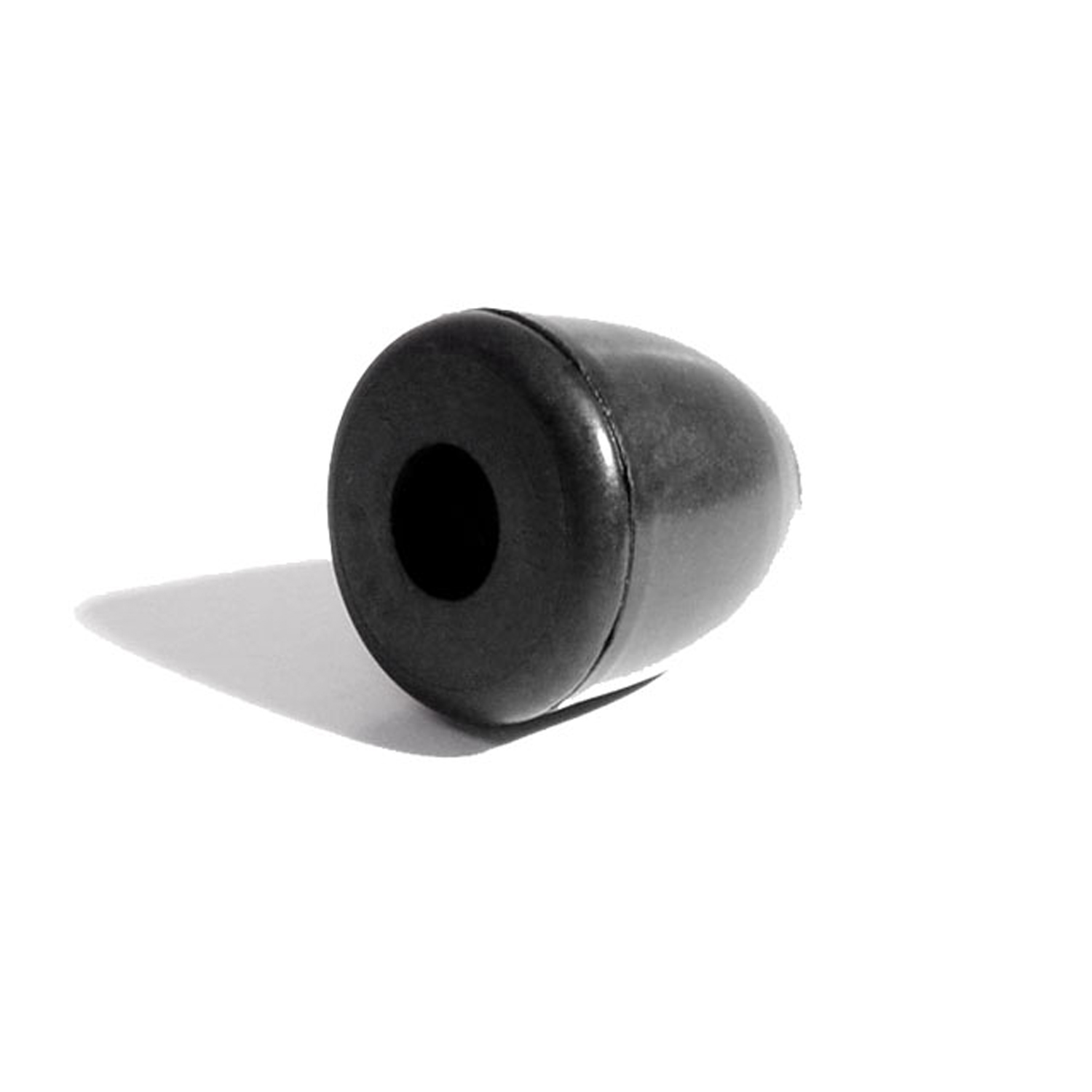 1957 Mercedes-Benz 300SL Front Suspension Bumper. Four used per car-XB 35Front Suspension Bumper. Four used per car. Replaces OEM #1823330065. 2-1/4" high. Each
1957 Mercedes-Benz 300SL Front Suspension Bumper. Four used per car-XB 35Front Suspension Bumper. Four used per car. Replaces OEM #1823330065. 2-1/4" high. EachWhy Choose Metro?
For over 100 years, Metro Moulded Parts has been the pinnacle of quality in classic car restoration parts. Our commitment to precision and authenticity in every component ensures a perfect fit and an OEM-level appearance.
- Expert Craftsmanship & Quality: Each part is a testament to our dedication to reliability and perfection, crafted from original designs and thoroughly tested.
- Advanced Technology: We use cutting-edge techniques to create flawless, long-lasting parts that surpass others in performance.
- SuperSoft Sponge – The Ultimate Door Seal: Not only are our door seals 30% softer than competitors', but they're also guaranteed to never leak. They effectively reduce wind and road noise, enhancing your classic car's comfort and driving experience.
- Proudly American: Our parts are a product of American craftsmanship, made in the USA with a spirit of excellence and heritage.
- Unrivaled Warranty: We back our products with a 30-year industry-leading warranty, a testament to our confidence in their quality.
Join us in preserving the legacy of classic cars with parts that are crafted for perfection, not just made.

